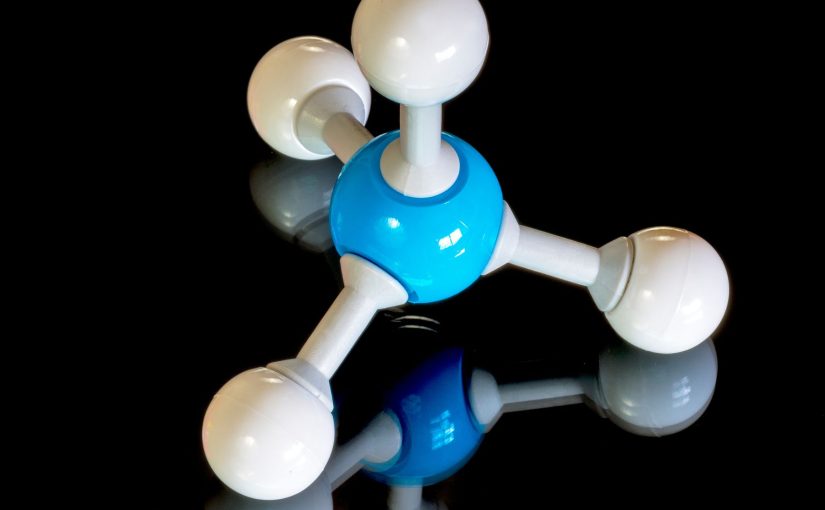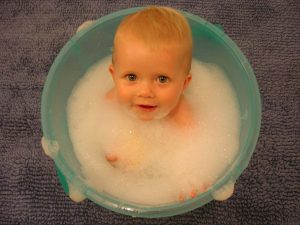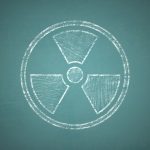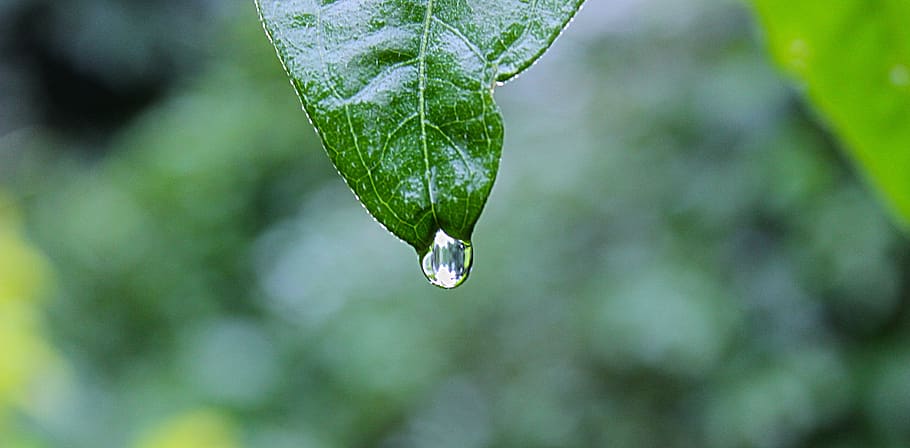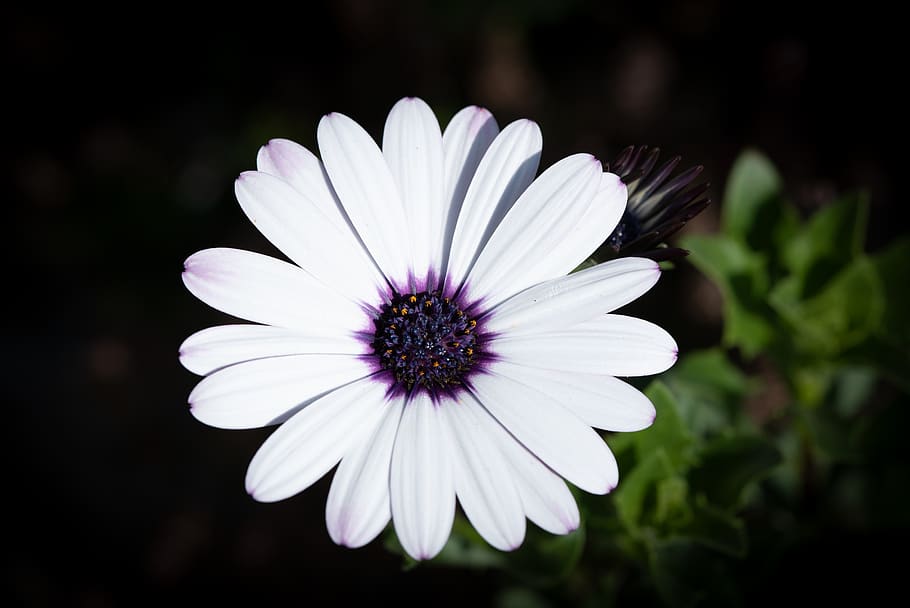Ionizer is a term that you have probably heard a lot while shopping for a number of different types of appliances lately.
The ionizer is used in different capacities across the board in the air pollution industry, water purification industry, pools, hot tubs, air conditioners and fans, as well vacuums, humidifiers and heaters.
Table of Contents
What Does an ionizer do?
The most popular type of ionizer is the:
1. Air Ionizer
An Air ionizer is a type of air cleaner that purifies the ambient air by adding an electrical charge to the molecules in the air. Other air purifiers use HEPA filters to filter out contaminants. Air ionizers use ionization to clear the air of dust, germs, and smells.
How does an air ionizer work?
Air ionizers work by polarity. By emitting negative ions into a room, they attract the positive ions, which are considered to be the contaminants in the air.
When the negative ions combine with the positive ions, the new combined ion becomes too heavy to float and falls to the ground or nearest surface.
Many ionizers are combined with HEPA filters to capture the newly formed dust particles created through the ionization process.
Is ionized air good for you?
Ionized air is clean air. Clean air is good.
Benefits from ionized air include:
- Removal of allergens
- Pollen
- Pet dander
- Mold spores
- Other airborne microbes
Ionized air has also been linked to having a happy attitude. Believe it or not there is science that suggests that a room that has an overabundance of negative ions actually contributes to feelings of happiness and joy.
AIR IONIZER DANGERS
The dangers related to air ionizers come specifically because of their link to ozone.
Because negative ions are generated by using a high voltage spark, ozone is introduced as a byproduct.
High Ozone is very dangerous to breathe and is not considered to be safe to use in the vicinity of people or pets, even your plants.
Air ionizers are typically engineered to create a much lower level of ozone that is not dangerous.
But the problem with that is you cannot regulate how the consumer uses the ionizer.
For instance an ionizer that is meant to cover 500 square feet safely would be a hazard in an area that contains 100 square feet.
Another type of ionizer that is popular is the
2. Water Ionizer.
Water ionizers are a device that separates the composition of water into two basins. An alkaline side and an acidic side.
The ideal behind the water ionizer is that the pH level of the human body needs to retain above a 7 pH to remain healthy.
Water ionizers can raise the pH of the water to about 11.5 which can aid in the overall health of the person who is drinking the water.
And the basin that captures the acidic water, can be used for other household chores, even watering plants or washing your hair.
A 3rd way ionizers are used is as an inhibitor for bacteria and algae.
3. Pool and Hot Tub Ionizers
This is a technology that can be used to help keep water clean in pools, hot tubs, and even humidifiers.
Though manufacturers are quick to point out that pool ionizers alone will not completely clean your pool or hot tub, they make the amount and frequency of cleaning much lower.
The fourth way ionizers are used.
4. Hair Dryers /Static reducers.
Hair dryers are the most common use for this type of ionizer. Ionic hair dryers have become popular because they not only reduce the amount of static that can come with blow drying your hair, they also reduce the time it takes to blow dry your hair. As much as half the time.
Which is an obvious benefit keeping your hair moist and not over drying.
5. Heater, Fan, and Air Conditioner Ionizers
Most industries that use ionizers generally fall under the air ionizer column.
As an example, the Lasko brand tower fan has an ionizer included.
This is a way of incorporating an air purifier together with a fan.
Do they work? Probably not as well as you would want, but they are somewhat effective.
The same premise goes for other appliances that have to do with heating and cooling.
An ionizer in these cases are generally just a negative ion generator included as an extra benefit to accompany the heat or cool that the appliance is made for.
Air purifier is a generic term that covers all types of air purifying technologies.
Whereas an air ionizer is an air purifier that uses ionization as its specific technology for cleaning the air.
Other Ionizer Technologies
Other technologies that use ionization are photocatalytic oxidation and Plasmawave and can do much more to reduce certain types of poor air quality like germs and viruses and chemical pollution such as aerosols and paint fumes.
Using an ionizer in your air conditioning system is also one of the best ways you can eliminate indoor air pollution in your home.
Your central heat and air system, believe it or not, can be the primary source of air contamination in your home or office.
The reason being is that the air unit itself also doubles as the perfect environment for the production of mold spores.
You may have heard of air conditioning sickness or air conditioner sore throat type problems and wondered how the two could be related.
The reason is because every time your air conditioner kicks on it also becomes a delivery system for all the contaminants that are inside of the ductwork of your system.
Many people notice that at the beginning of a season after they haven’t been using their air handler for a while, they will have allergy symptoms after they turn it on.
Using an ionizer technology like photo catalytic oxidation or plasma inside of your HVAC, you can not only prevent the production of spores and bacteria inside your duct work, you can also remove the existing germs before they enter into your home.
That means your central heat and air conditioner can act as a giant whole house air purifier. They cannot only deliver clean air into your home, it can also take polluted air from one room and clean it before it enters into the rest of the house.

